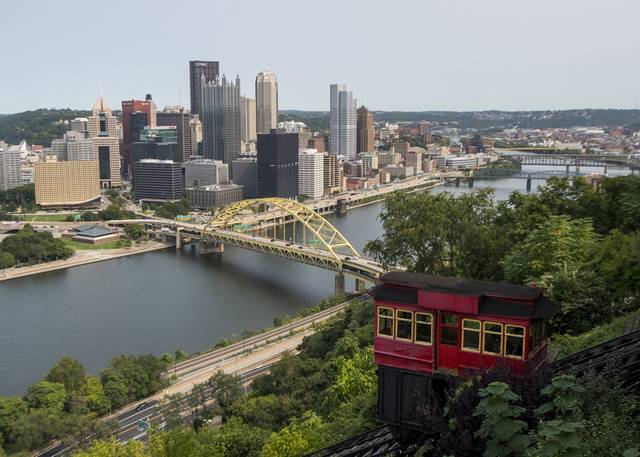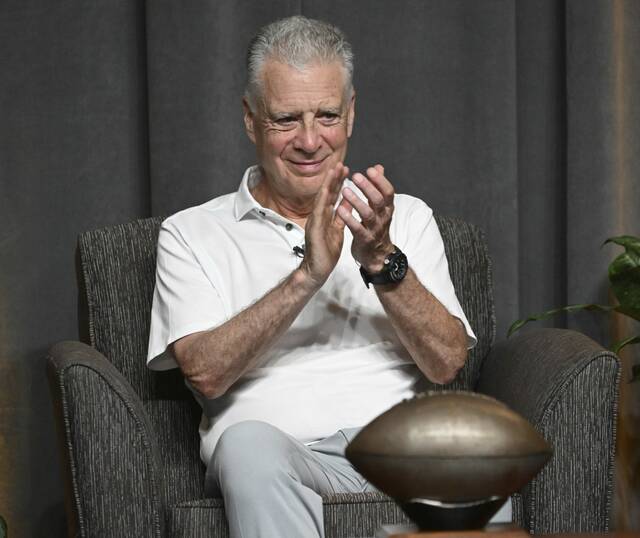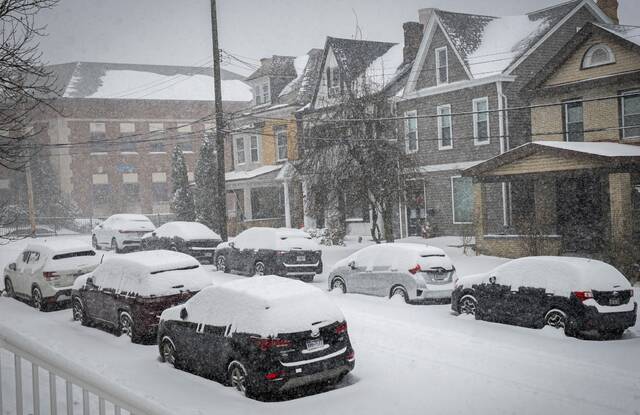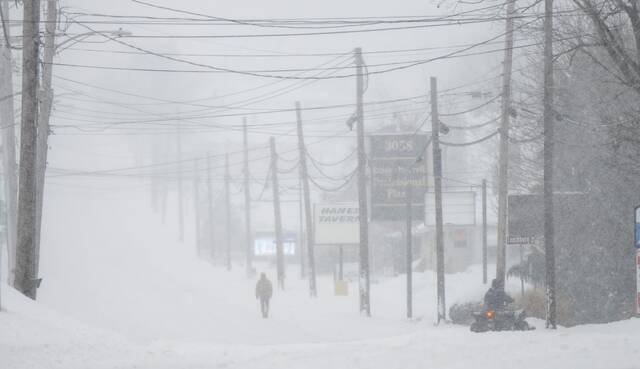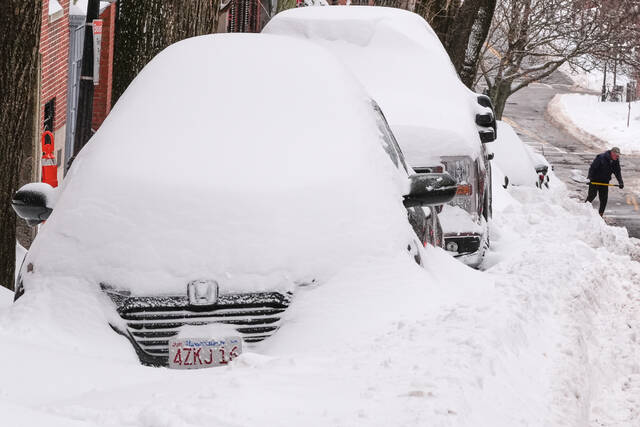It wasn’t necessary for Pittsburgh City Council to approve a plan Tuesday that allocates the city’s $335 million in federal covid relief money, Councilwoman Deb Gross said.
“We cannot be confident that we are addressing the harm done to our most vulnerable citizens,” Gross said during a council meeting.
She cast the only dissenting vote on a series of bills that allocate the money and revises the city’s 2021 budget to reflect the infusion of money from the American Rescue Plan.
The eight other council members voted in favor of the bills and didn’t offer comments on their votes.
Council President Theresa Kail-Smith said more public discussions will take place as individual projects included in the plan move forward between now and 2024, when the money needs to be spent, according to U.S. Treasury Department regulations for the program.
It will include providing financial support to some Pittsburgh nonprofits that have stepped up during the covid-19 pandemic, Kail-Smith said.
Outgoing Mayor Bill Peduto’s administration and a city council recovery task force drafted the plan to spend the money, which will help the city restore funding in its 2021 budget to keep more than 600 positions that weren’t funded when the spending plan was adopted.
It also will restore positions that were left open as the city enacted a hiring freeze during the pandemic and provides 3% raises to nonunion employees whose salaries were frozen.
RELATED: Peduto, Pittsburgh council release proposed plan for $335 million in federal relief
The plan also includes $7 million for the city Urban Redevelopment Authority’s Avenues of Hope program, which aims to revitalize business corridors in predominantly Black neighborhoods, along with $2 million for development efforts in Homewood, $1 million for the Jasmine Nyree Campus in Sheraden that helps people with special needs and $1 million for the Gladstone School affordable housing development in Hazelwood.
The funding will provide what Councilman Ricky Burgess has called “transformational investment” in the city’s Black communities.
Burgess and Councilman R. Daniel Lavelle spearheaded the creation of a task force to make sure the city allocated its money using a “lens of equity” so minority communities were helped.
It does so, Burgess has said.
Some city residents and leaders of nonprofit and civic organizations called on the city to slow the process.
Pittsburgh Controller Michael Lamb called the plan “premature” as it lays out spending over four years. Peduto was defeated by state Rep. Ed Gainey in the Democratic primary for mayor and will leave office in December, Lamb said.
Dan Gilman, Peduto’s chief of staff, said the plan can be amended at any point and said it was crucial for the city to act now so the city can start using the money.
The city could have allocated the money it needs for operations now and held off on approving a complete plan, Gross said.
“I think we have had only minimal public input. We should and could have done a lot more,” Gross said.
Public hearings were held July 10 and July 12. During those hearings, council heard several people ask council to pause a vote on the plan.
RELATED: Pittsburgh council advances proposal to spend $335 million in covid relief cash
“I feel like council is doing the best we can with what we have in front of us,” Kail-Smith said. “We’ve been listening to our constituents for a long time.”


